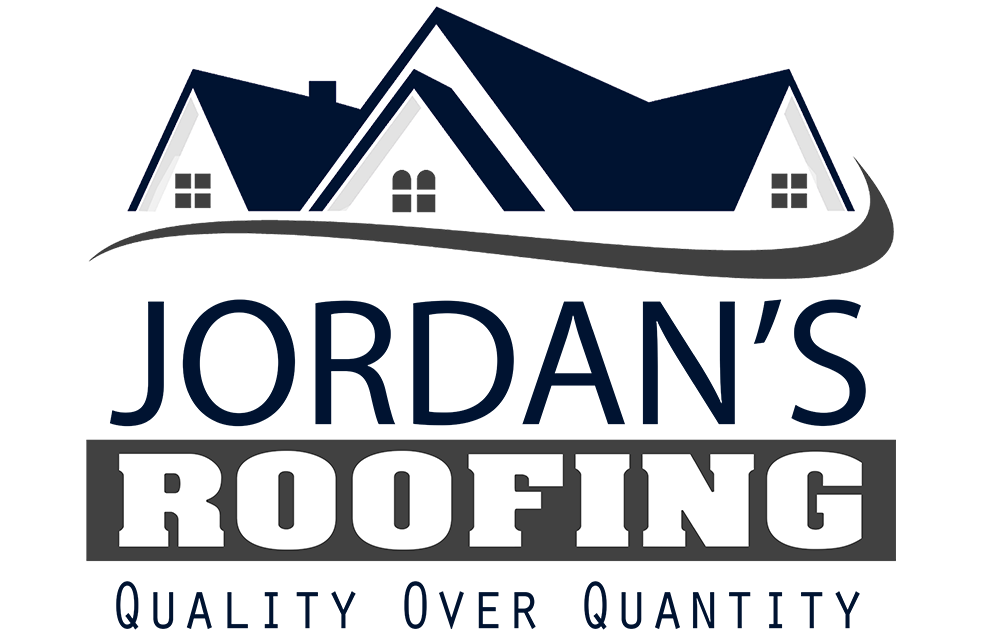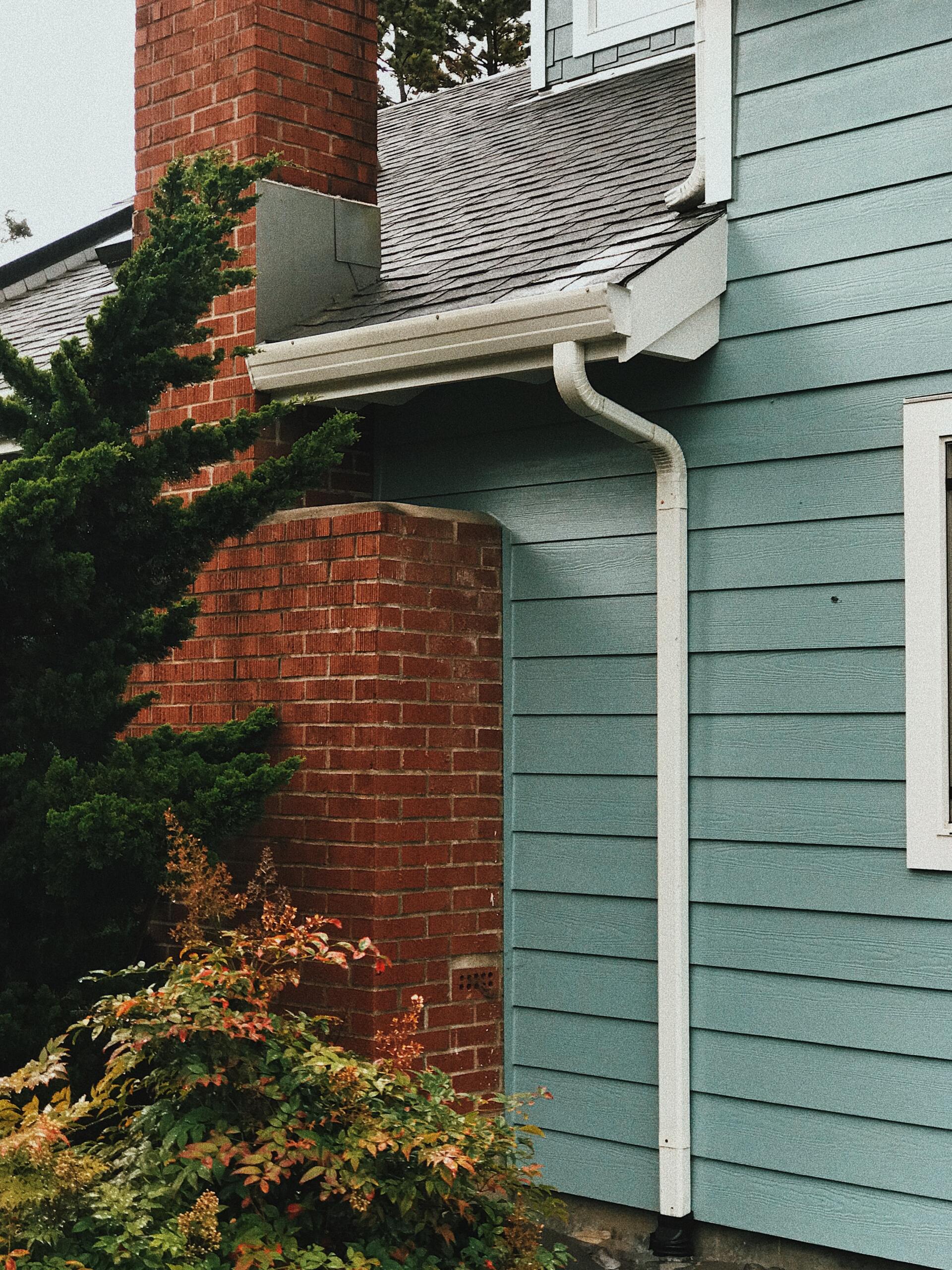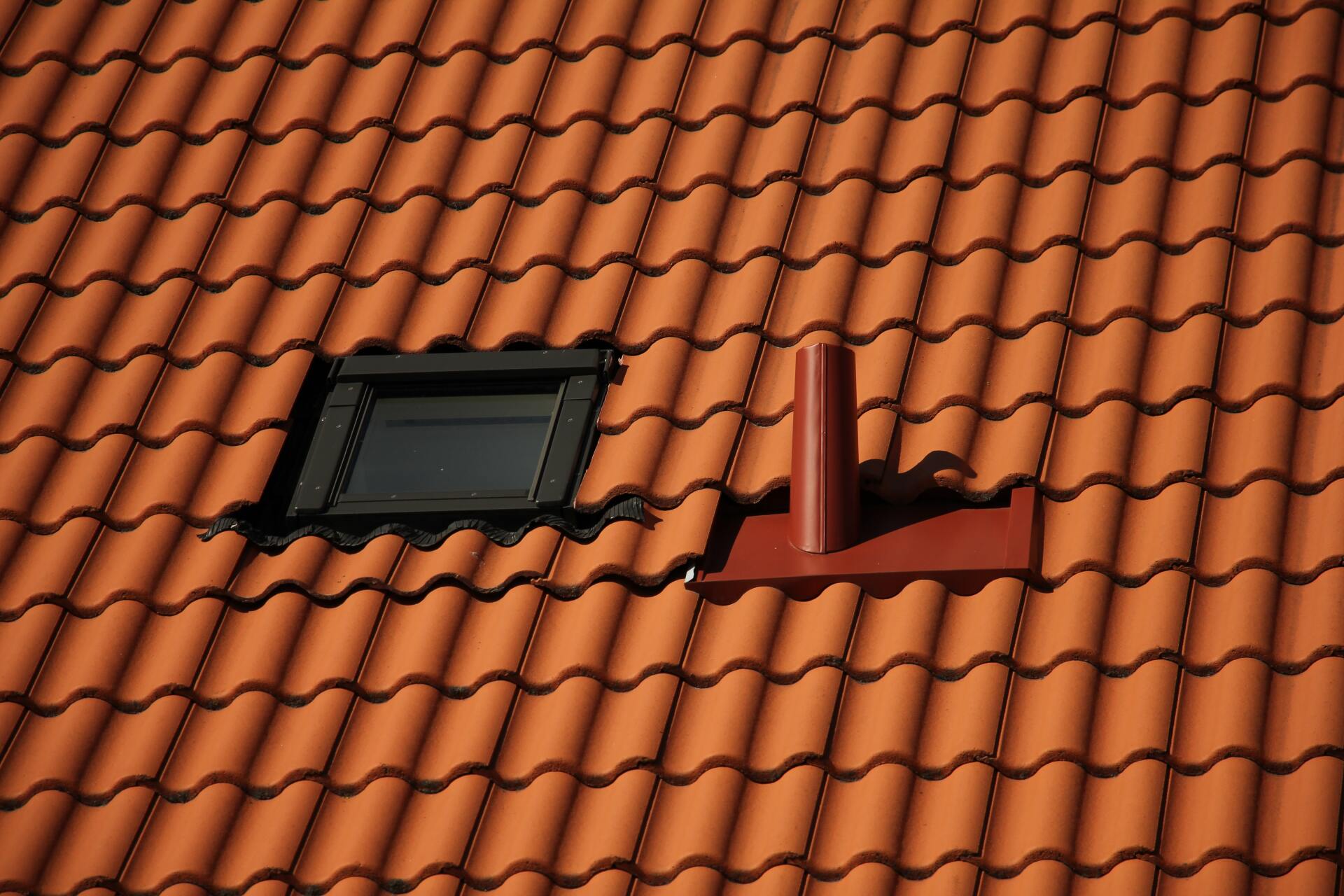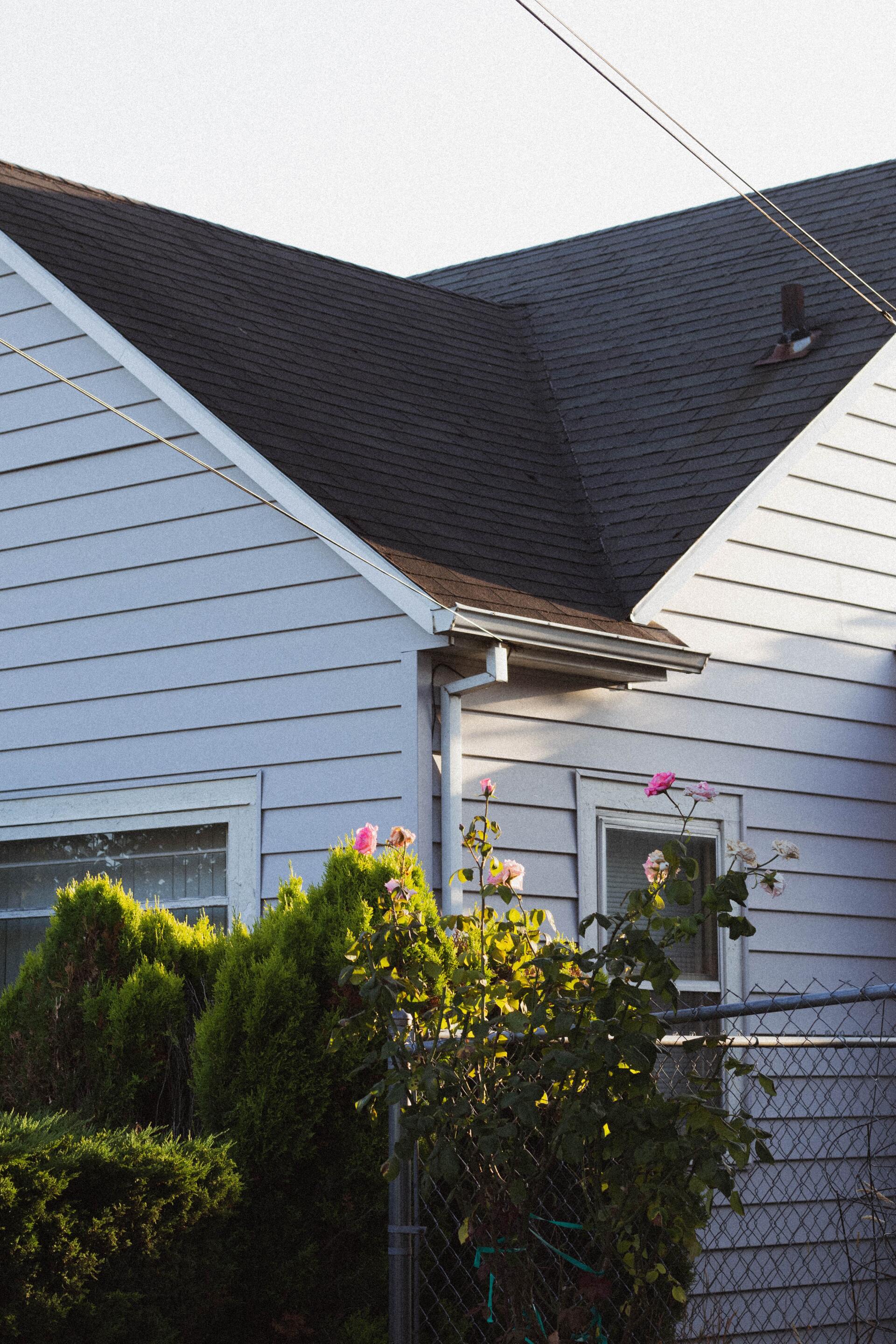PVC Flat Roof Toronto
PVC Roofing: A Comprehensive Overview
PVC (Polyvinyl Chloride) roofing is a popular choice for commercial and residential buildings due to its durability, affordability, and energy efficiency. This roofing material is made from synthetic plastic polymer, offering numerous benefits alongside some potential drawbacks.
Benefits of PVC Roofing:
1. Durability: PVC roofs are highly durable, with a lifespan ranging from 20 to 30 years or more. They can withstand extreme weather conditions, including high winds, heavy rain, and snow, making them suitable for various climates.
2. **Low Maintenance**: PVC roofing requires minimal maintenance compared to other roofing materials. Routine inspections and occasional cleaning are usually sufficient to keep the roof in good condition, reducing long-term maintenance costs.
3. **Energy Efficiency**: PVC roofs are reflective and UV-resistant, helping to reduce heat absorption and keep buildings cooler during hot weather. This energy-efficient feature can lower cooling costs and contribute to overall energy savings.
4. **Chemical Resistance**: PVC is resistant to chemicals, pollutants, and environmental contaminants, making it an ideal choice for industrial and commercial buildings exposed to harsh substances.
5. **Flexibility**: PVC roofing membranes are highly flexible and can accommodate building movement without cracking or splitting. This flexibility allows for easy installation on complex roof shapes and structures.
6. **Fire Resistance**: PVC roofing materials are inherently fire-resistant and have a Class A fire rating, providing an additional layer of protection against fire hazards.
7. **Recyclability**: PVC is recyclable, which means that old roofing membranes can be recycled and reused in the manufacturing process, reducing environmental impact and promoting sustainability.
**Cons of PVC Roofing:**
1. **Cost**: While PVC roofing is generally cost-effective in the long run due to its durability and energy efficiency, initial installation costs can be higher compared to some traditional roofing materials.
2. **Temperature Sensitivity**: PVC roofing materials can expand and contract with temperature fluctuations, leading to potential issues such as seam separation or membrane damage over time.
3. **Environmental Concerns**: While PVC is recyclable, its production process and disposal can have environmental implications. Some environmental groups raise concerns about the use of chlorine in PVC manufacturing and the release of toxic substances during fires.
4. **Susceptibility to Punctures**: While PVC roofing is durable overall, it can be susceptible to punctures from sharp objects or debris, especially during installation or severe weather events.
5. **Appearance**: Some individuals may find the appearance of PVC roofing less aesthetically pleasing compared to traditional roofing materials such as asphalt shingles or clay tiles.
In conclusion, PVC roofing offers a range of benefits, including durability, energy efficiency, and low maintenance requirements. However, it's essential to consider potential drawbacks such as initial cost, temperature sensitivity, and environmental concerns before deciding if PVC roofing is the right choice for a particular building project. Consulting with a qualified roofing contractor can provide valuable insight and guidance in selecting the most suitable roofing material for specific needs and preferences.
“We are so happy with our new shingles and impressed with the team's quality and workmanship."
Lynda Jones
“The service was very professional and I would happily recommend them! The roof looks great and the crew cleaned up afterwards."
Harley Baker
“Honest and reliable service. Quick and friendly too. I would not hesitate to recommend this team for any job."






